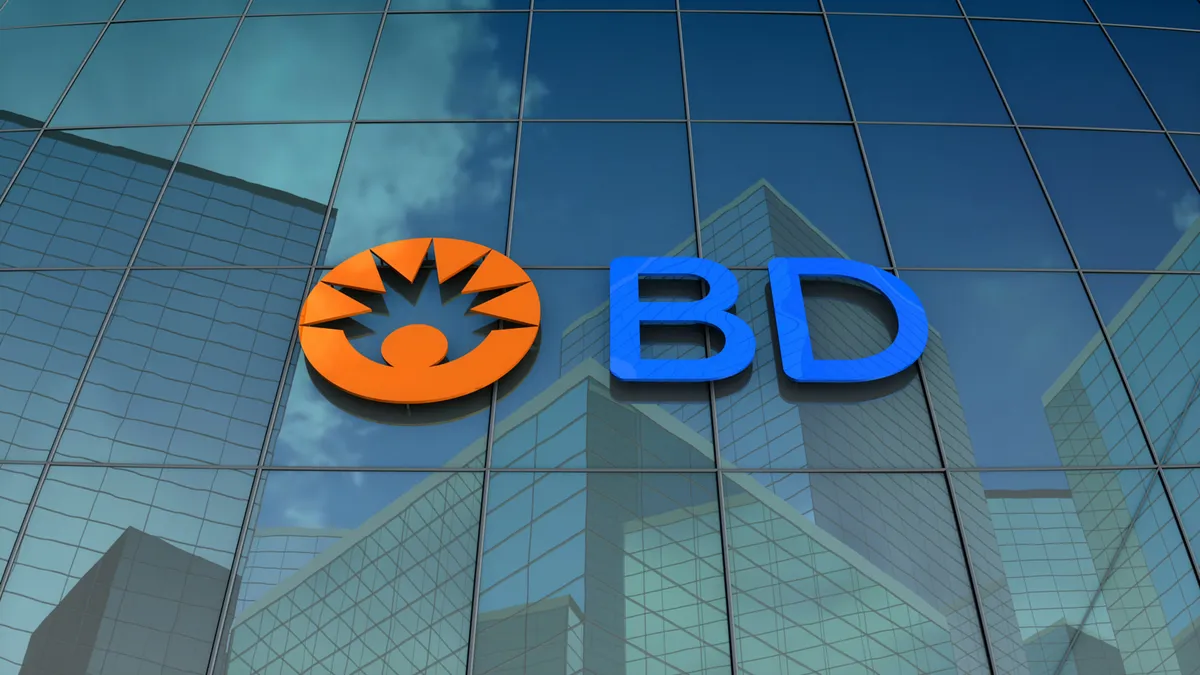Q3 trends: Becton Dickinson’s third quarter revenue was relatively flat compared to 2021 as growth in its base business was offset by a 75% year-over-year drop in COVID-19 testing sales. CEO Tom Polen said on a Thursday earnings call that the company was affected by many of the same challenges the industry is managing — inflation, supply chain constraints, healthcare staff shortages and rising labor costs, China slowdown — but its base business was still able to grow over last year’s quarter.
Stifel analysts wrote in a Thursday note that BD’s $4.64 billion in revenue last quarter beat the investment firm’s estimate by about $170 million “driven in part by incremental Covid testing sales, but also strong all-around performance from nearly every other business line.”
COVID-19 testing: While coronavirus testing revenue declined year over year by about $224 million last quarter, sales still beat analyst expectations, according to J.P. Morgan. The analysts wrote in a Thursday note that BD’s $76 million of sales came in ahead by about $44 million. The company expects stronger COVID-19 sales for the full year, increasing its forecast by about $50 million to a total of $500 million.
Still, the testing demand slowdown is expected to continue for the remainder of its fiscal year and into 2023. CFO Christopher DelOrefice said that the COVID-19 testing revenue will drop to $25 million next quarter, and the business in BD’s fiscal year 2023 will be “significantly below” 2022. DelOrefice said that approximately $25 million in quarterly sales is likely to be where future quarters fall. So far this year, COVID-19 testing revenue totals about $475 million.
2022 revenue forecast: BD increased its full-year revenue forecast to a range of $18.75 billion to $18.83 billion compared to $18.5 billion to $18.7 billion previously announced. The base business forecast was increased by $215 million at the midpoint.
The company’s stock price was up over 2% to $250.15 Thursday morning.
China recovery: Polen told investors that a slowdown in China due to restrictions put in place to stop the spread of the coronavirus continued into BD’s third quarter, but the market rebounded faster than expected, with a strong recovery in June. “Beyond the recovery of hospital patient flow, we initiated several actions to continue manufacturing and keep warehousing largely operational by working closely with our stakeholders in China,” Polen said.
2023 trends: DelOrefice said that macroeconomic challenges are expected to continue in its fiscal year 2023, which typically begins in October. But the CFO added that the economic challenges are not expected to get worse next year and some may improve in the second half, such as the current complexity and challenges with the supply chain.













